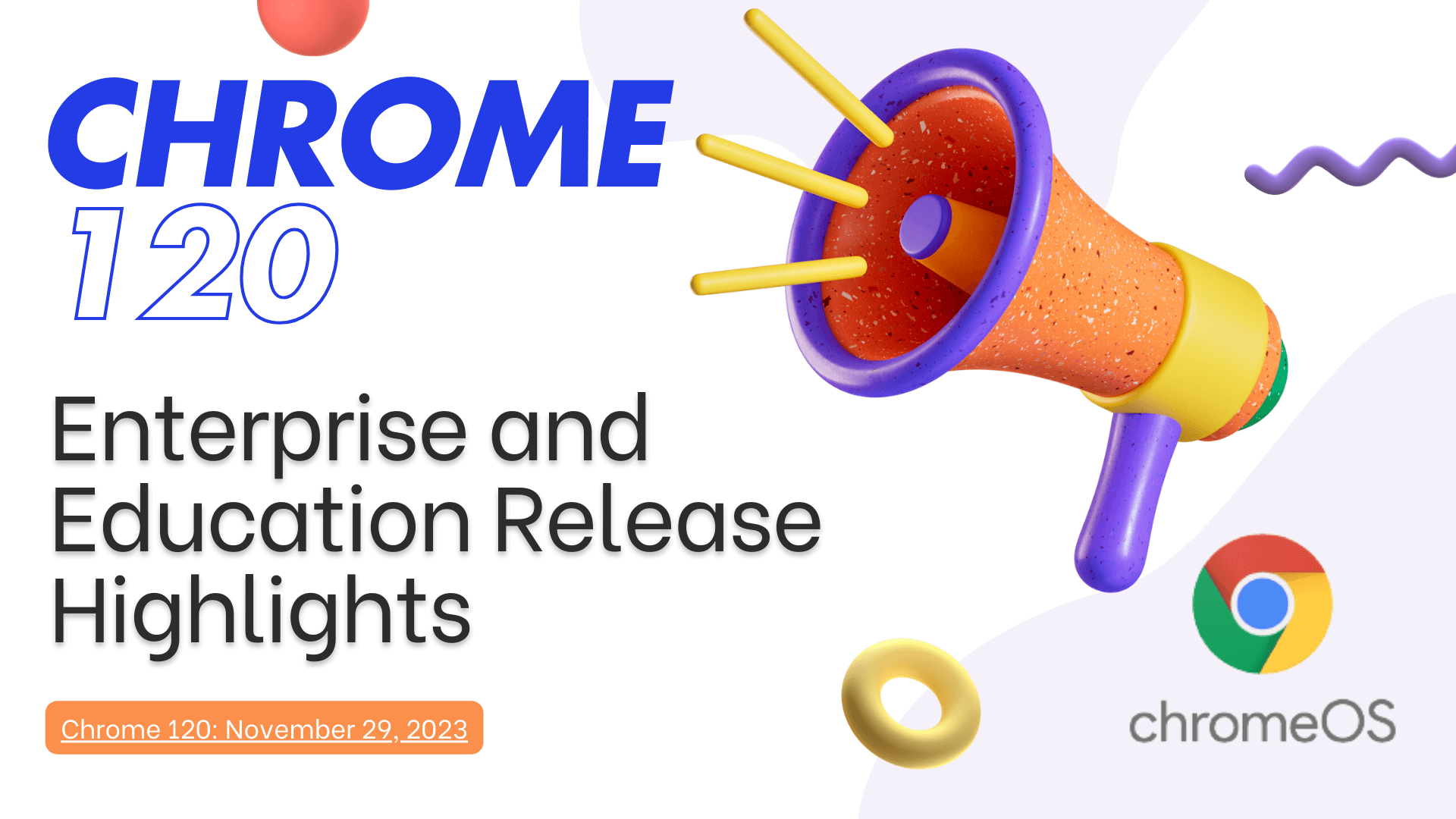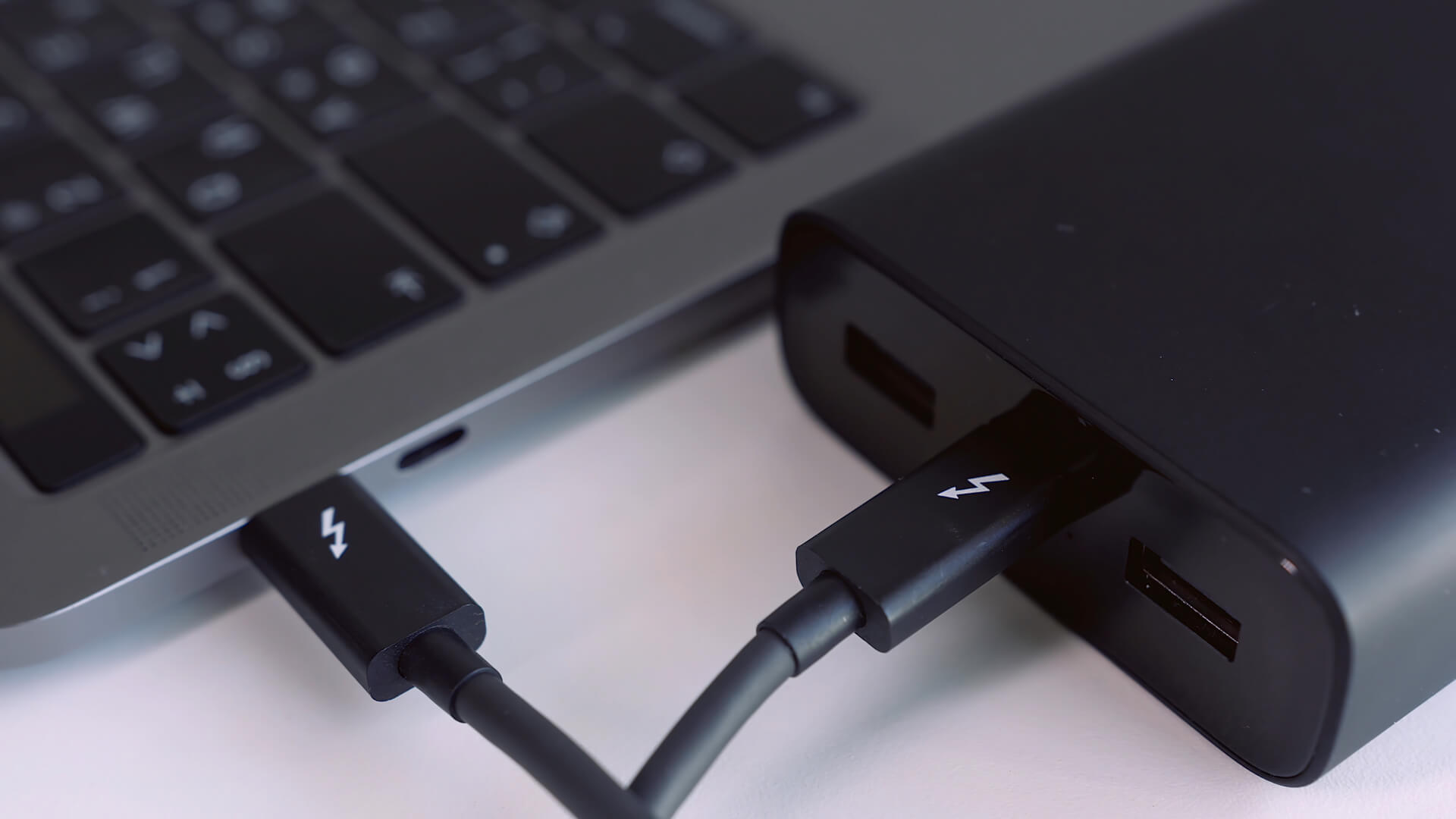Chrome Browser Updates
- Default Search Engine Choice: Users may now see a prompt to select their default search engine, supporting compliance with digital market regulations.
- Third-Party Cookie Deprecation: In preparation for removing third-party cookies, Chrome 120 disables these cookies for 1% of users. Enterprise admins can override this through policies.
- Revamped Safety Check: A proactive safety check feature informs users about security issues, enhancing the safety overview.
- Password Sharing: Chrome’s Password Manager now supports sharing passwords with Google Family Group members.
- New Chrome Web Store UX: Redesigned with a modern interface and new categories, including AI-powered extensions.
ChromeOS Updates
- Enhanced Alt + Click: Adds more control to right-click behavior and keyboard shortcuts, improving productivity.
- Emoji Picker Update: Features a new color palette for emojis and GIFs, allowing more expression in messages.
- Virtual Desk Button: The Bento button makes it easier to manage virtual desks, with quick access to desk switching and visualization.
- Pinch-to-Resize PiP Windows: Picture-in-Picture windows can now be resized using pinch gestures.
- Media Controls and Sync Options: ChromeOS now has more flexible media player and app sync options.
Admin Console Updates
- New Power Management Policies: Control screen dimming, lock delays, and actions on lid close for better power management.
- Extension Install Type Blocklist: Admins can restrict installation types for certain extensions.
- Legacy Technology Report: Provides insights on outdated tech used by websites, helping IT plan upgrades.
For more details, check the official release notes: Chrome Enterprise Release Notes.





